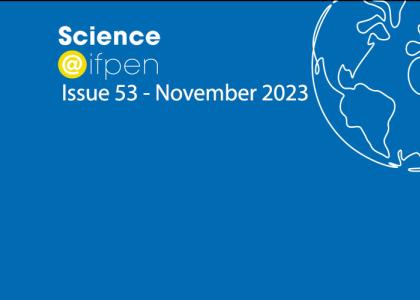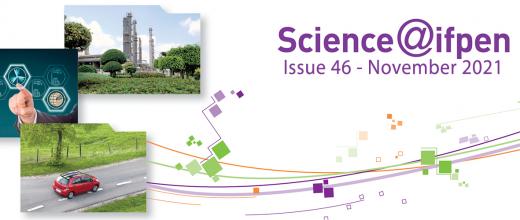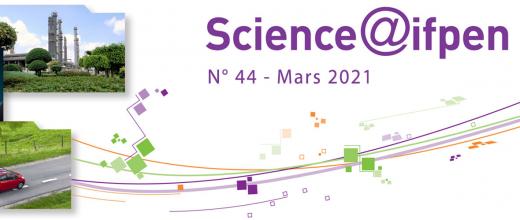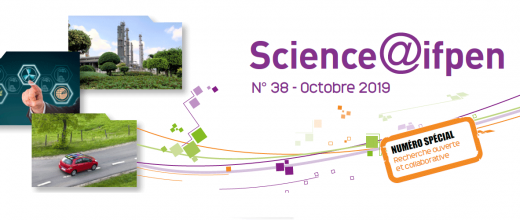Like all sectors concerned by electrification, the transport sector requires the design of high-performance, efficient electrical systems that respond to multiple constraints, such as cost and compactness. In this context, optimisation has become an essential step in the design process of these systems, particularly for electrical machines...








